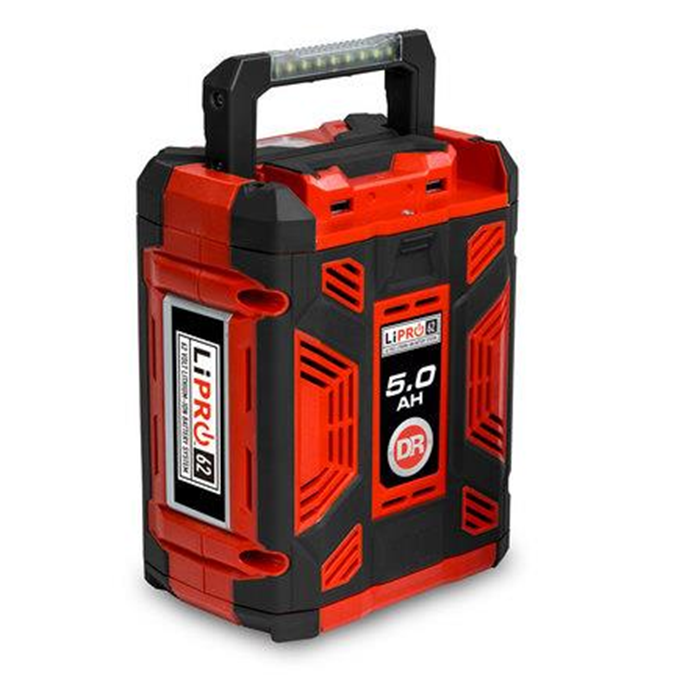
State Specific: Tennessee Addresses Production Of Underwriting Files, Similar Claim Materials And Reserves In First Horizon National Corporation V. Houston Casualty Company, Et Al.
July 12, 2017
This article was originally published in the Subrogator, a publication by the National Association of Subrogation Professionals, Spring/Summer, 2017. © Copyright 2017 by NASP. All rights reserved. Republished by Butler with permission from NASP.
The United States District Court, W.D. Tennessee, recently addressed discovery relating to “similar insurance claims”: the production of underwriting files, and initial claim reserves in the context of bad faith
While the discussion centered around the issue of bad faith between an insurer and its insured, the principles discussed relative to the production of these materials are worth reviewing as they may be helpful in responding to a request for such materials from a defendant in a subrogation matter.
First Horizon National Corporation v. Houston Casualty Company, et al. 2016 WL 586980, (W.D. Tenn. 2016) involves a coverage dispute between First Horizon National Corporation (“First Horizon”) and its insurers. First Horizon is seeking coverage from the defendant insurers for a settlement that it entered into with the Department of Justice relating to alleged violations of the False Claims Act. The insurers denied coverage for First Horizon’s claims based on alleged violations of the terms of the insurance policy. As a result of the coverage denial, First Horizon sued its insurers. This article will address a few of the discovery disputes that arose in the coverage case and how they might be relevant to issues that might arise in litigation of a subrogation claim.
Discovery of the Insurer’s Treatment of Similar Insurance Claims
This dispute relates to a motion to compel filed by First Horizon for the production of information and documentation relating to the insurer’s treatment of other “similar” insurance claims. The insurer objected to the discovery as “irrelevant, unduly burdensome and disproportionate.” I am sure that any subrogation professional who handles litigated matters has had to deal with discovery relating to “other cases” dealing with an issue in the case: evidence retention or spoliation, expert retention, other cases involving a similar type of loss, etc. While the court’s analysis in the subject case relates to the review of policy language, some of its support for its holding may assist a recovery professional when responding to a request for “other claims” by a defendant in a subrogation matter.
In the end, the court held that the insurers need not produce information relating to other insurance claims. The main reason was that the issues of each insurance claim are “different,” and other claims involve circumstances “unique to each” claim, such as different facts. In short, the court found that these “other cases” weren’t relevant. The court summarized its holding by stating “the [insurer’s] conduct in other cases is not before the court; what is before the court is the [insurer’s] conduct toward the Plaintiffs in this case.” As you can see, some of the court’s holding in this case could be used to defend against a request from a defendant for “other insurance claims practices” from a subrogating insurer.
In addition to discussing relevance the court also discussed the burden to the insurance company to locate and identify these “other similar claims.” Further, the court stated “even if such information may be considered remotely relevant…its production would be unduly burdensome and disproportionate to this litigation.” In response to the Plaintiff’s request for these “other similar claims,” the insurers filed affidavits stating that the claim files are not catalogued by various issues. To identify “similar claims”, each “insurer would have to conduct a manual review of claims over the past 10 years to identify claims that meet the criteria of the Plaintiff’s interrogatory requests.” Once identified, the insurers would then need to review each file to identify and redact privileged and confidential information. “Each insurer estimates that these tasks would take thousands of hours to complete and would significantly interfere with their respective business operations.”
In summary, with regard to “similar claims,” the court held permitting a party to conduct “other claims” discovery would indeed result in a fishing expedition, with little or no relevance to the claims and with significant and disproportionate burden to the insurers. This holding may assist a subrogation professional defending against such a request.
Discovery of an Insurer’s Underwriting Manuals
This portion of the discovery dispute relates to the First Horizon’s attempt to compel the production of the insurer’s underwriting manuals. Again, while this case may relate to bad faith allegations, some of the court’s holdings may assist a recovery professional when defending against a Motion to Compel the production of underwriting materials. First, the court repeats that before the defendant can obtain these materials, it must show that the request is relevant to the matter before the court. Many times a defendant in a subrogation claim will request an underwriting file arguing that it has a right to know what the insurance company knew before binding the policy. The court held that what the insurance company knew regarding the cause of the loss prior to binding coverage is irrelevant as to how the loss was adjusted or the interpretation of the claim. Many Defense Attorneys think that they are entitled to the underwriting file as a matter of right simply because they are defending a subrogation claim. Clearly this is not the case, and they must show that the underwriting file is relevant to the matter at hand.
Discovery of an Insurer’s Preliminary Reserves
The final issue addressed by the Court was First Horizon’s request for the insurer’s initial reserves on the insurance claim. As acknowledged by this case, “courts are divided on whether reserves are discoverable.” Some of the cases supporting that an insurers reserves are not discoverable have held that “evidence of the amount of reserves is not relevant because it is not necessarily based on a full knowledge of the facts and the law of the case…[but] most often reflects a business decision” by the insurance company; Heights at Issaquah Ridge v. Steadfast Ins. Co, 2007 WL 4410260 (W.D. Wa., 2007), and “the relationship between claim reserves and the claim’s actual value is tenuous.” Union Carbide Corp., v. Travelers Indem. Co., 61 F.R.D. 411, 413 (W.D. Pa. 1973).
Many times defendants in subrogation cases request reserves in an attempt to attack the damages that are later paid. However, this court’s holding suggests that reserves are irrelevant because they are not based on “full knowledge of the case.” The court ruled that the reserves were not discoverable in this case stating “first, reserves are of marginal relevance to any issue in this case because their ‘basic characteristic’ when made as a claims analysis is an estimate of potential liability not entailing an evaluation of coverage based on thorough factual and legal consideration. Information relating to the amount of reserves is not relevant because it is not necessarily based on a full knowledge of the facts and the law of the case”. See First Horizon National Corp. v. Certain Underwriters at Lloyds, 2016 WL 11090763 (W.D. Tenn. 2013).
Conclusion
Defending against some of the arguments set forth above can be difficult. While this case involves a bad faith dispute between an insurance company and its insured, some of its holdings may help a subrogation professional deal with a request for “similar insurance claims”, underwriting materials or an insurer’s reserves in discovery.



